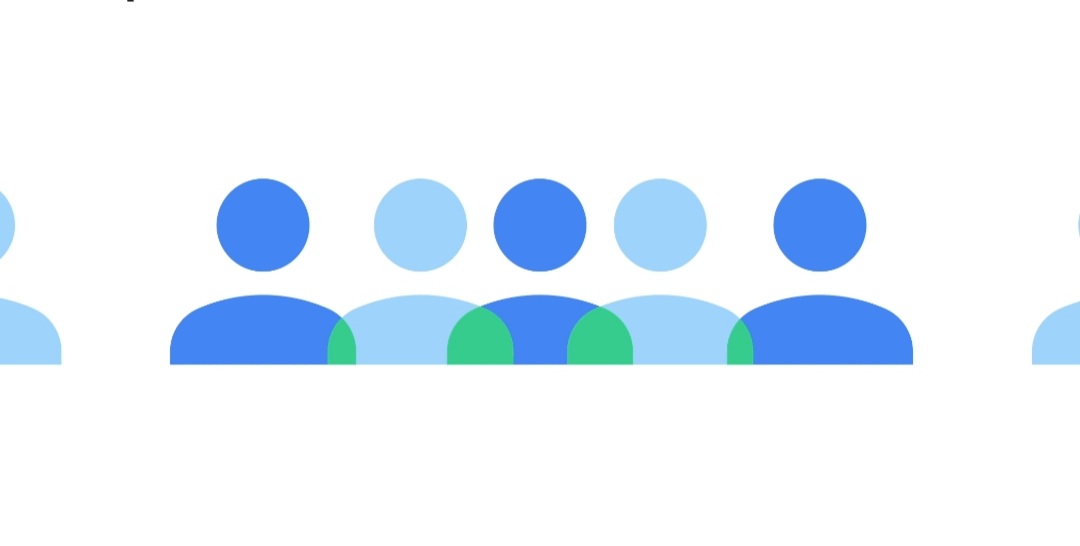Google has announced that it is now implementing Federated Learning of Cohorts (FLoC), that is an essential part of its Privacy Sandbox project for Chrome. FLoC will act as an alternative to cookies, which is used by Google to remember your preferred language, to make the ads you see more relevant to you, to count how many visitors it receives to a page, to help you sign up for its services, to protect your data, and to remember your ad settings.
FLoC runs locally on your machine and categorises your browsing behaviour that groups together like-minded users into a cohort. These groupings aren’t based on knowing any actual browsing histories; they’re simply based on picking random centers in “cohort space” or cutting up the space with random lines.

It will enable users to hide within crowds of people with similar interests and search histories. The cohort enables advertisers to target people based on their interests while maintaining privacy for individual users. Basically, a cohort is a multi-dimensional space that represents the browsing activity of all users.
Google is currently testing FLoC in India, Australia, Brazil, Canada, Indonesia, Japan, Mexico, New Zealand, Philippines, and the US and plans to roll out the trial version to other regions eventually. Google is not testing FLoC in the EU because of its General Data Protection Regulations.
FLoC will also not share users browsing data with Google or any other advertiser. The cohort is identified by a special number called FLoC ID, that is the only thing shared when requested by a website. Chrome will also not share cohorts that it thinks are sensitive. So, if users of a cohort are accessing websites with sensitive content such as religious or political content at a high rate, FLoC will not share such data with the advertisers.
Google also notes that its own advertising spaces will get the same access to FLoC IDs as third-party advertisers. The search giant will also allow users to voluntarily opt-in to the FLoC trials.


